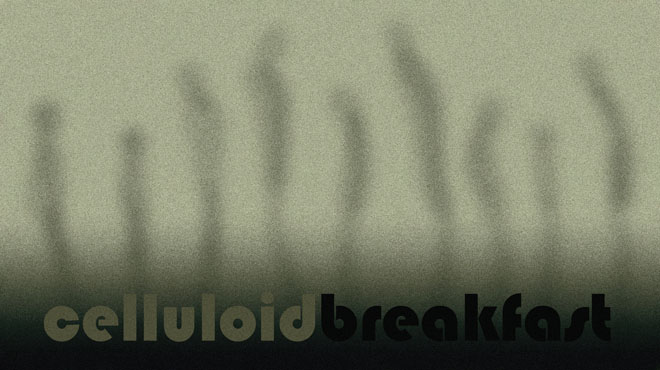Teshigahara, a master in the art of flower arrangement himself, approaches the subject with a delicacy which suggests where his sympathies lie, handling every scene as if it were a ceremony in itself. Legendary film composer and frequent Teshigahara collaborator Toru Takemitsu polishes sequences off with gentle flourishes of music, never stealing focus from the intimacy of the two lead characters. The film in some ways finds a modern sibling in Aleksandr Sokurov’s The Sun, which forms an uncritical portrait of Emperor Hirohito, or even Im Kwon-Taek’s Chihwaseon, which artfully explores the life of one Korea’s best-known painters. As with arthouse films in any country, Rikyu has an element of the alien that almost disallows outsiders access, but Teshigahara ensures that we do not see the film as just a cultural curio, and it serves as further evidence of his brilliance.






No comments:
Post a Comment